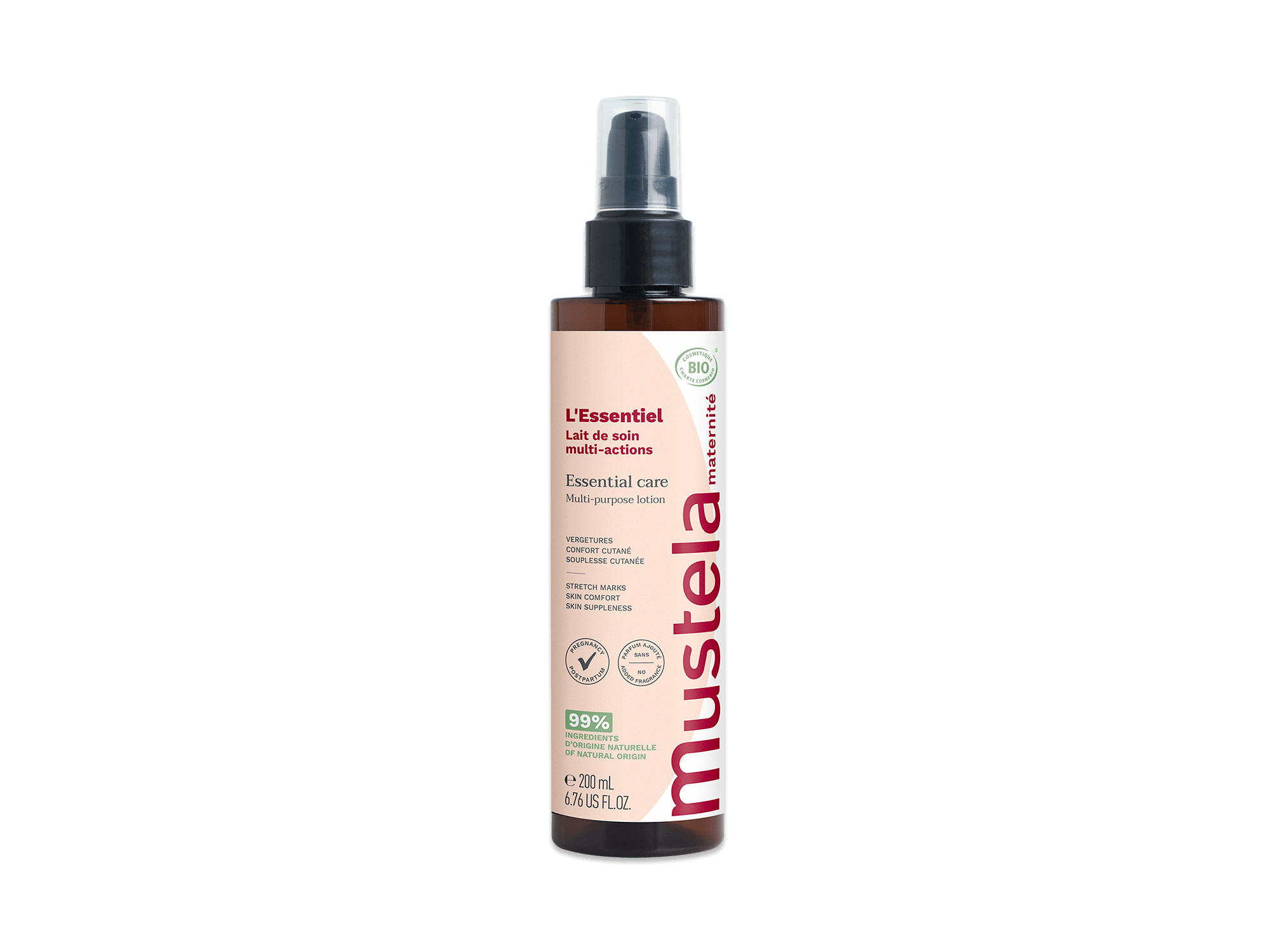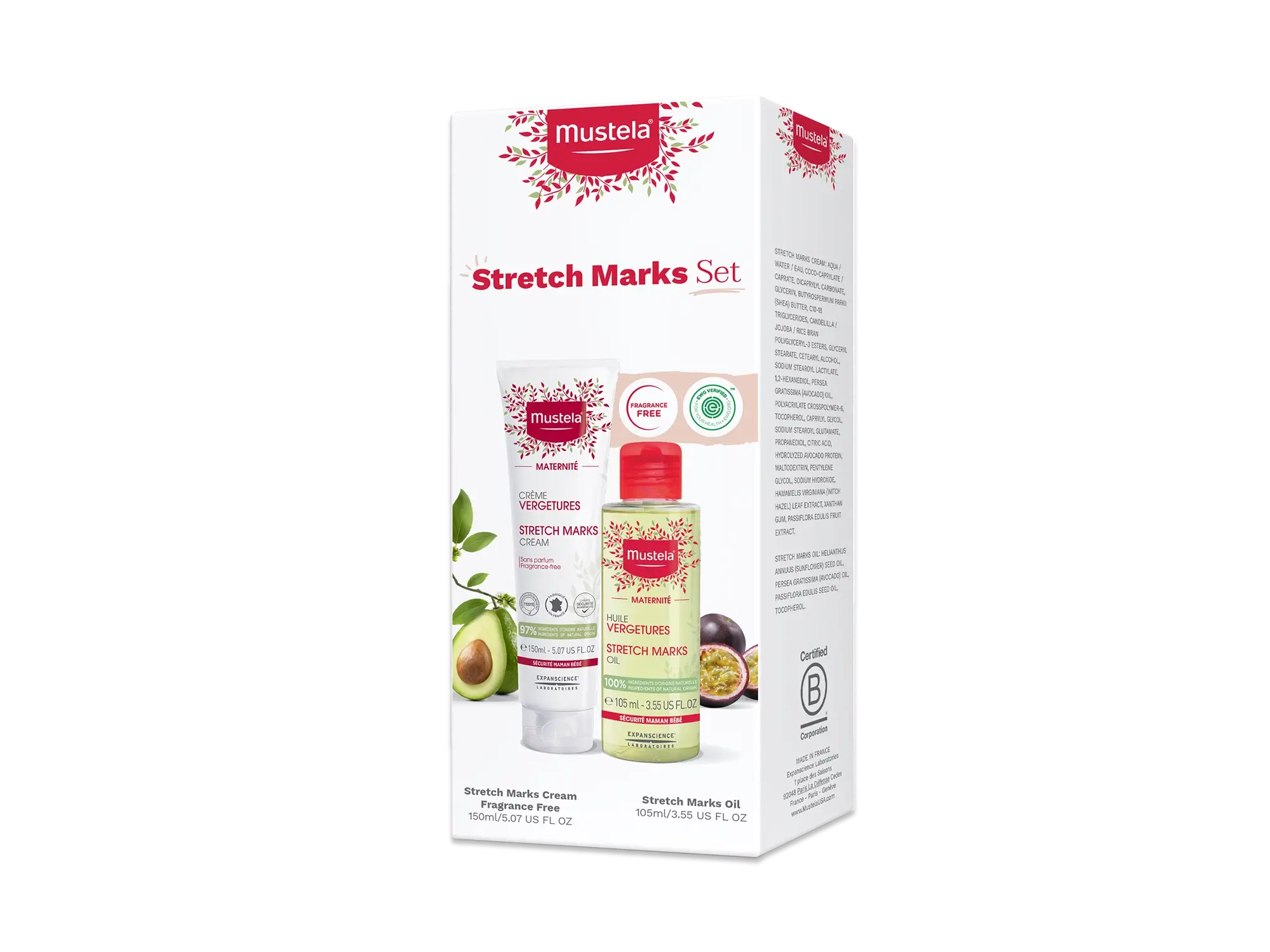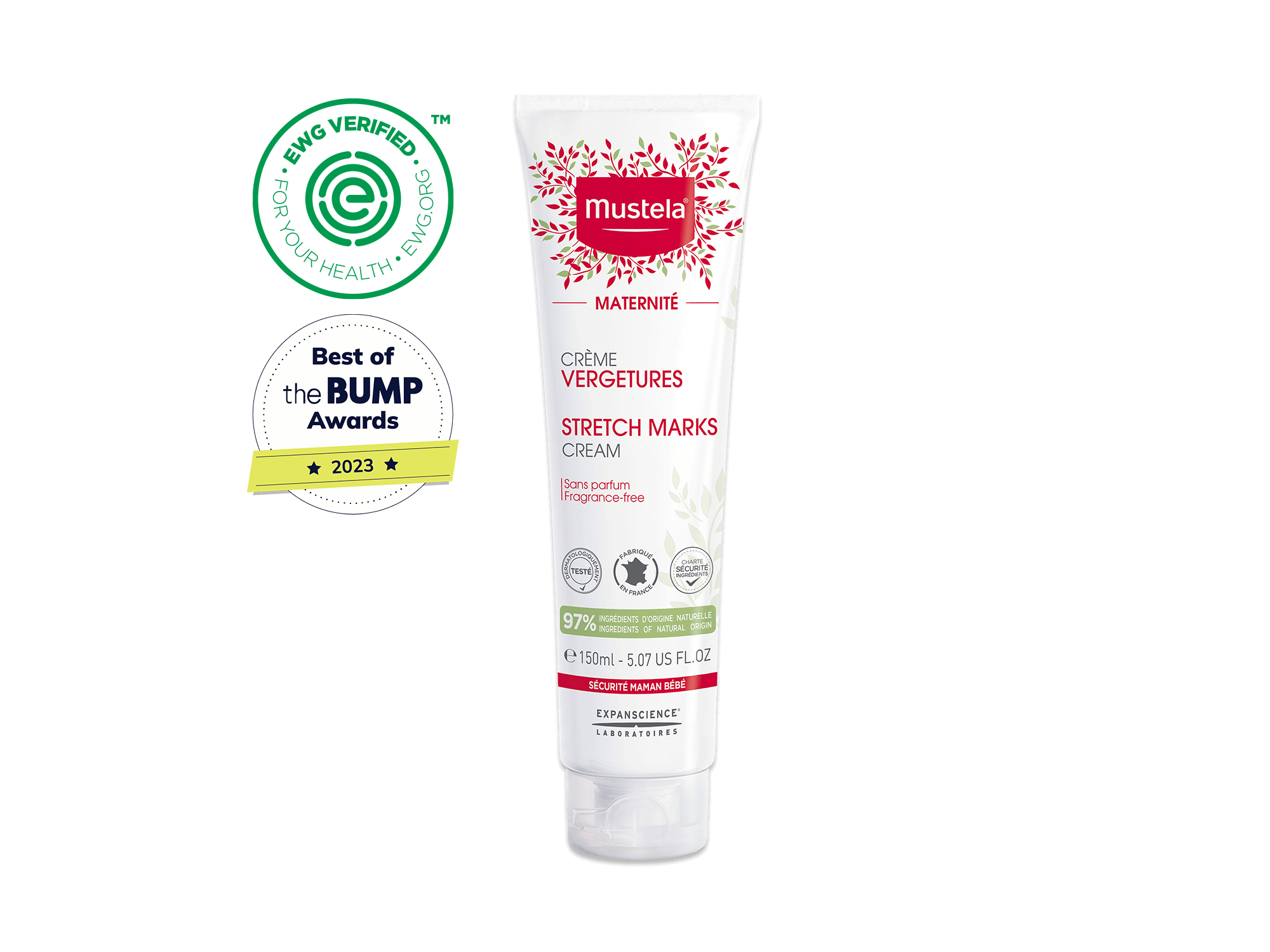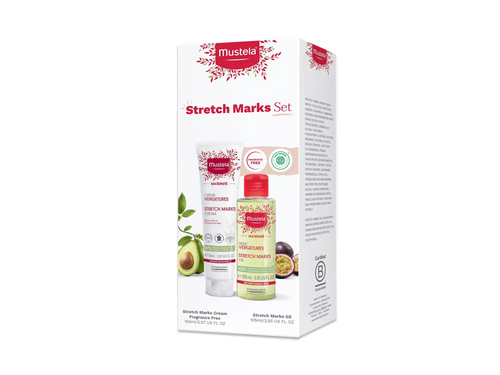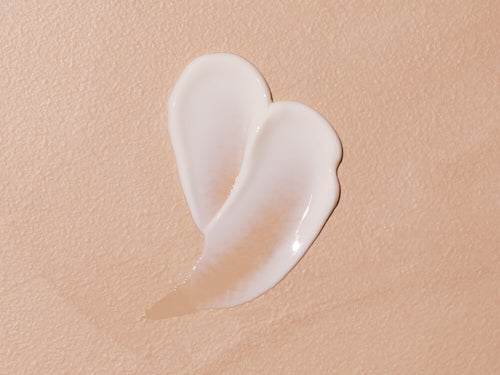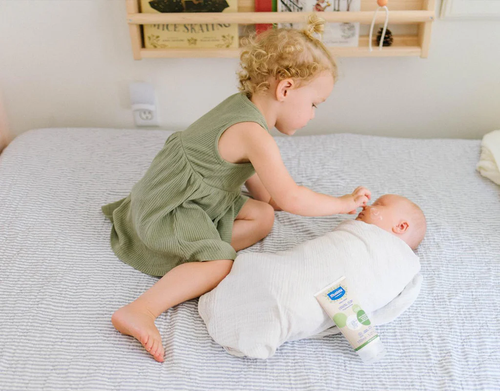Is your baby cluster feeding? This can be one of the most challenging times of your breastfeeding journey.
The worst part is that it may have happened when things were beginning to go well. Your little one was nursing every couple of hours or so; you were starting to understand their feeding, sleeping, and playing patterns; and it felt like you were getting the hang of things.
But suddenly, things changed. Your baby started feeding much more frequently — which makes you more tired and sleep-deprived — and it feels like it will go on forever.
Naturally, you have questions:
- What exactly happened?
- Why is your baby feeding so often?
- Is there something wrong with your milk supply?
- When will this end?
Read on as we answer these questions and more to help you cope with this challenging (but natural!) nursing phase.
Table Of Contents
- What Is Cluster Feeding?
- Why Is Your Baby Cluster Feeding?
- How Long Does Cluster Feeding Last?
- 13 Tips To Help You Cope With Cluster Feeding
What Is Cluster Feeding?

While every child is different, most newborns will nurse every two to four hours and get around 14 to 17 hours of sleep per day. However, cluster feeding completely changes this typical nursing pattern.
During this period (which often occurs in the evening), your baby will feed much more often, sometimes every half hour. In addition to feeding more, your baby may also become increasingly fussy.
It’s common knowledge that babies, especially newborns, need to nurse a lot. But is this normal?
The short answer to this question is — Yes!
While things might feel overwhelming at the moment, cluster feeding is perfectly normal. These grouped feeding sessions are helping your growing baby get the nutrients and calories they need for their development.
And the great news is that it will soon be over as cluster feeding typically only lasts a few days or up to a week. That said, if you’re a first-time mom, you may be wondering why this is happening in the first place. Let’s take a look!
Why Is Your Baby Cluster Feeding?

There’s a lot of research behind why babies might suddenly start nursing more. Here are the top four reasons studies have found.
1) Growth Spurts
The most common reason for cluster feeding is that your baby is going through a growth spurt.
Healthline explains that “a growth spurt is a time during which your baby has a more intense period of growth. During this time, they may want to nurse more frequently, change sleep patterns, and generally be fussier.”
While the specific periods of growth spurts may vary, a baby will typically experience growth spurts at around one to three weeks, six weeks, three months, six months, and nine months of age.
Cluster feeding during this period is understandable because, as your baby grows, their nutritional needs will naturally increase. The milk they used to find satisfying at three weeks won’t be enough at three months of age.
Since your milk supply is relative to how much your baby nurses, the more they feed the more they trigger your body to produce milk.
You can think of cluster feeding as nature’s way of ensuring that your baby gets the right amount of milk from you when they need it.
2) Reduced Milk Supply At Night
While cluster feeding can happen at any time during the day, it commonly occurs during the evening or toward the end of the day.
Why this specific period? Breastfeeding moms often experience a drop in their milk supply later in the day.
Naturally, this will mean your little one’s feeding sessions won’t be as satisfying as they are during the day. So, your baby may need to feed more to get full.
3) Increased Physical Activity
Learning to roll over and crawl is hard work. As your baby starts developing these physical skills, they’ll exert more energy and need more fuel.
Soon, your body can produce what they need during a regular feeding schedule. But until then, the extra cluster feeds give your baby the nutrients they need to reach these milestones.
4) Comfort

Sometimes your baby isn’t going through a growth spurt or trying to fill up. So, why do they continue feeding? They may be comfort nursing.
Research has shown that breast milk has properties that can offer relief from pain. And if your baby is tired, comfort nursing can help your baby relax before getting a good night’s rest.
Cluster feeding may not be the most comfortable for you, but we hope you understand that this is perfectly natural and will soon subside. Your little one needs you right now!
How Long Does Cluster Feeding Last?
As we mentioned earlier, cluster feeding typically doesn’t last long. Within a week, your little one should fall back into a regular nursing pattern.
However, most babies go through this feeding cycle multiple times in their first few months.
It’s most common between 0-3 months of age. But some babies go through another bout of cluster feeding around six months when they’re cutting teeth and getting more active.
So even though each occurrence is short-lived, you’ll want to prepare for the possibility of going through it more than once.
Benefits Of Cluster Feedings
When you’re feeling worn out from all the feeds, it helps to remember that they’re for a good cause.
Here are some of the benefits of your baby eating so often:
- Increased milk supply: Supply and demand applies to breastfeeding. When your baby nurses more often, they tell your body to kick the production up a notch.
- More bonding time: Nursing is a special time that allows you and your baby to bond. While all the feedings might be challenging, they will draw you closer together. Your baby is learning they can count on you to give them everything they need.
- Opportunity to try new nursing positions: While your baby cluster feeds, you’ll have plenty of time to try different positions to see which one works best for you. You may even master the art of nursing in a baby sling.
- Potential for more sleep: Sometimes, babies who eat a lot right before bed sleep longer. So there’s a chance you’ll get a couple more hours of shut-eye after an extended cluster nursing session.
Downsides Of Cluster Feeding
While cluster feeding is good for your baby, you may experience some downsides to this feeding pattern. They include:
- Sore nipples: Your baby sucks much more during a cluster feed. All that action can be tough on your nipples.
- Exhaustion: Nursing frequently, with only short breaks between sessions, can leave you emotionally and physically drained.
- Keeping you from other tasks: When you’re nursing, it’s hard to do much else. If you’re trying to keep up with other kids or get some work done, you’ll find it more challenging.
With all the challenges, what can you do to make your life a little easier? Take a look at our tips below.
13 Tips To Help You Cope With Cluster Feeding
Here are some practical ways to help you keep your sanity when all your baby wants to do is nurse.
1) Don’t Be Hard On Yourself

This is a time when many mothers can start to feel like their milk supply isn’t sufficient. Some might also consider formula to help fill their babies up.
If you were planning to exclusively breastfeed for a while, know that cluster feeding is actually helping you produce the milk your baby needs, and reducing the amount of nursing time could decrease your milk supply.
So, start by giving yourself a break! You didn’t do anything wrong. There’s nothing wrong with your milk supply.
While it’s not an easy period, know that this is a part of your baby’s growth and development, and it will soon pass.
2) Eat Often And Stay Hydrated
Cluster feeding can be physically draining to breastfeeding moms. And sometimes, as a mom to a newborn, it’s easy to forget about yourself.
But the truth is the more your baby nurses, the more energy you need.
So, it’s essential to take care of yourself. Make sure that you always have some water and your favorite snacks nearby so you can keep yourself well-hydrated and nourished and get the energy you need during and after feeding sessions.
3) Take Care Of Yourself...And Your Nipples
We don’t have to say too much to convince you about the importance of taking care of your nipples.
If you’ve been breastfeeding for a while, you’ll know that the more your baby feeds, the more painful and irritated your nipples can become. Sometimes, they might even start to crack.
To help you cope with this pain and discomfort, look for gentle nipple creams or ointments such as Mustela’s Nursing Comfort Balm, which is natural and safe to use for nursing and expecting mothers.
If you’re experiencing a lot of pain while breastfeeding, you might also want to consult with a lactation expert to help you improve your baby’s latching.
These little steps will help you see a significant improvement in how comfortable you are when breastfeeding.
4) Consider Different Feeding Positions And Clothing

Comfort is one of the key components in helping improve the way your baby’s feeding sessions go. Ensure that you wear practical clothing, like nursing bras and loose clothing for both you and your baby.
In addition, consider switching up your breastfeeding position until you find one that’s comfortable for you and your little one. Speaking of comfort…
- Is there a new show on Netflix you want to catch up on? Why not nurse in front of the TV?
- Do you have a favorite podcast you haven’t had the time to listen to? Grab your EarPods.
- How about an audiobook you recently purchased?
Your baby’s cluster feeding sessions can be enjoyable for both you and your baby!
5) Plan Ahead
While the first night of cluster feeding might catch you off-guard, you can be prepared when night two rolls around.
Get a comfortable space ready for you and your little one. Include a nursing pillow and a throw blanket you can put across your body if you get chilly.
Then, gather a bottle of water and a few healthy snack options. If you get hungry mid-session, you won’t have to get up.
You’ll also want:
- A couple of diapers
- Cleansing Wipes
- No Rinse Cleansing Water
- A change of clothes for your baby
- Burp cloths
- Your phone charger
- A book or magazine
In addition to these physical preparations, intentionally work on your mindset. This can help you overcome the emotional struggles that accompany frequent nursing sessions.
Remind yourself that you can do this and that it won’t last long. Make a list of everything you love about your baby and why it’s worth feeding them so often.
These preparations can make a big difference in how the evening goes.
6) Try Baby Wearing

If your little one is fussy, wear them in a sling between feeding sessions. They’ll be snuggled up close to you, and you’ll have your hands free. You might even be able to get up and go for a walk, which can feel so freeing after all that breastfeeding!
Depending on your sling, you may be able to breastfeed while your baby is in it. That’s very convenient.
7) Clear Your Schedule
Cluster feeding requires a lot of time. So when your baby wants to nurse every 30 minutes or so, it’s not a great time to plan a trip to the grocery store or entertain guests.
Instead, prioritize your baby's needs and clear your schedule for the evening. That way, you won’t feel like you need to rush, and you can be as relaxed as possible.
8) Take A Break When Necessary
Cluster feeding can take a toll on you, and if you aren’t careful, you may wind up feeling frustrated or angry at your baby.
To prevent this, take a break when you need to. There’s nothing wrong with putting your baby in their crib for a few minutes while you stand up, stretch, and clear your mind.
Yes, your baby might cry. But they’ll be okay for short periods of time. As soon as you’ve composed yourself, you can go pick them up for another snuggle.
Note: Never shake your baby. It can cause serious injury or death.
9) Try A New Hobby
You’re going to be sitting a lot while your baby nurses. If you feel up to it, take advantage of that time by trying something new.
Once you get your baby in position and latched, you can:
- Color in adult coloring books
- Write down your thoughts in a journal
- Sing a favorite song
- Turn all those cute photos into a digital scrapbook
- Crochet a blanket for the nursery
- Fold origami paper into neat shapes
While it might feel strange trying to do these things at first, you’ll eventually gain more confidence and feel comfortable using your hands while you're nursing.
However, remember that your baby’s safety always comes first. Use a nursing pillow to help position them securely before you pick up your craft. And make sure sharp supplies like scissors or crochet hooks are far away from your little one
10 ) Eat Early
If your little one gets fussy during dinner, consider eating a little earlier the next day so you’ll have time to eat before you start breastfeeding.
Ideally, you’ll have someone else to do the cleaning up after dinner for you. If that’s not the case, invest in paper plates and plastic utensils. Those will make clean-up so much easier!
Tip: Now is not the time for elaborate meals or complicated recipes. Keep it simple.
11) Listen To Your Baby
As you get to know your baby better, you’ll start recognizing their hunger cues.
Here are some to watch for:
- Smacking their lips together
- Sucking on their hands
- Rooting
If you notice any of these, your little one is likely hungry. Try feeding them and see if it helps. By meeting their needs before they start fussing, you can avoid a full-on crying session.
12) Don’t Be Afraid To Ask For Help

Sometimes mothers want to do it all by themselves. But one of the main things we hope you remember from this article is that you don’t have to go through this alone!
Realistically, it will be challenging to cook, clean, or do anything else around the house if your baby is going through a cluster feeding period.
So, why not ask for help from your loved ones? Lean on their support to give you the strength you need to make it through this time.
Ask them to:
- Prepare meals
- Go grocery shopping
- Tidy up
- Wash the laundry (and fold it)
- Hold the baby while you shower
- Change diapers
- Bathe the baby
- Entertain the other kids
- Fetch what you need
By taking these tasks off your plate, your partner or other helper allows you to focus on what’s most important right now: feeding your baby.
Also, if you’re a new mom, consider finding a mom’s group in your area or online where you can ask all the questions about breastfeeding and newborns that Google doesn’t always have answers to.
The more you speak to other moms who’ve gone through similar situations, the more you’ll see that you are not alone.
13) Talk To Your Doctor
If it’s been longer than a week and your little one still wants to cluster feed, it’s worth mentioning the situation to your doctor. They may ask you to monitor dirty and wet diapers for a few days to ensure your baby is peeing and pooping enough.
You may also have to go to the clinic for a weight check. If your little one isn’t gaining weight, your doctor might recommend supplementing with formula until your body makes more milk.
And if you have any other breastfeeding questions or challenges, talk to your doctor. They can refer you to a lactation specialist for additional support.
Cluster Feeding Won’t Last Forever

As a parent to a newborn, you’re probably running on little sleep. While it can be overwhelming, remember that cluster feeding doesn’t last long.
As highlighted earlier, most babies will cluster feed for a couple of days, and some up to a week. So, just hang in there, mommy!
While you’re hanging in there, remember to take care of yourself by applying soothing nipple creams, eating well, and giving yourself some much-needed (and deserved) TLC!



